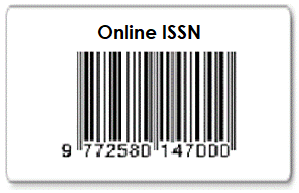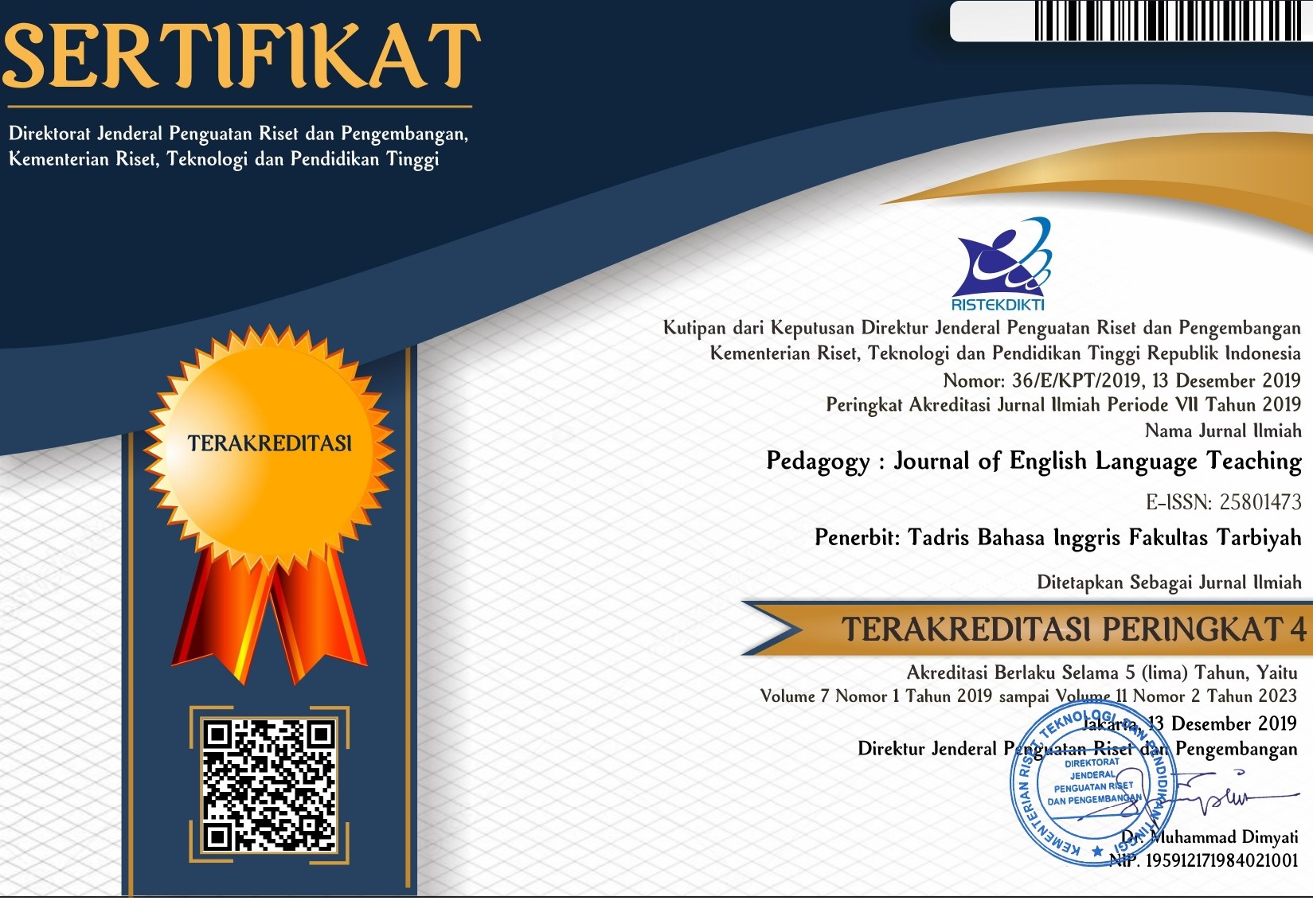Utilizing Mobile Apps and Games to Implement MALL (Mobile Assisted Language Learning) during Covid-19 Pandemic
DOI:
https://doi.org/10.32332/joelt.v11i1.5085Keywords:
Covid-19, language learning, MALLS, mobile apps, mobile gamesAbstract
The Covid-19 pandemic has significantly changed the field of education, prompting a shift toward remote and online learning. Mobile Assisted Language Learning (MALL) has emerged as an innovative method of language acquisition, that is focusing on the widespread availability of mobile devices and applications. Regarding the benefits of implementing MALL during the pandemic, this study aims to discuss further on how English teachers in Indonesia utilized mobile apps and games to implement MALL during the pandemic as well as the benefits and the challenges. A comprehensive search approach will be utilized for discovering relevant research published in academic journals and conference proceedings. The selected research will go through a rigorous screening procedure to guarantee their relevance and quality. The result of the study showed that teachers commonly used WhatsApp, Google Classroom, Zoom, and Kahoot! to facilitate students’ language learning. In addition, the previous studies mentioned that the benefits of utilizing mobile apps and games in teaching English are including learning flexibility, individuality, and practical use of them. Meanwhile, the challenges faced by the learners are an unstable internet connection as well as the difficulty in controlling the classroom experienced by the teacher.
















